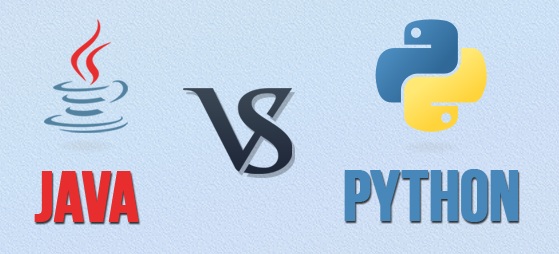Sliders allow users to select a value by dragging and dropping a handle.
This value can be a price, a quantity, a year.
The web page could use a textbox for getting the same information from users.
But with sliders, the page becomes much more interesting.
Read the full article on seleniumjava.com.



